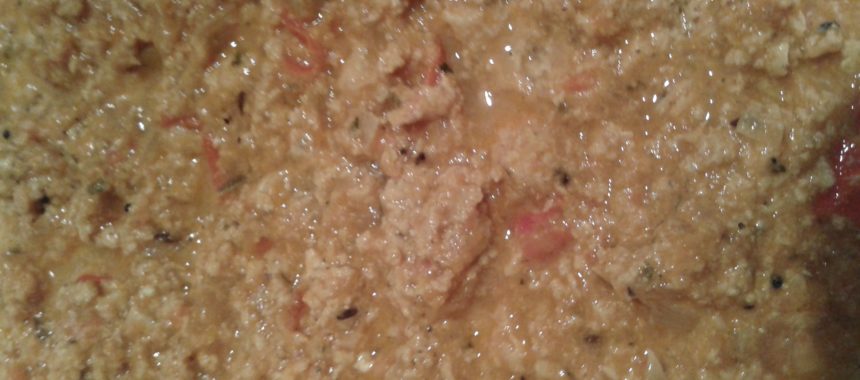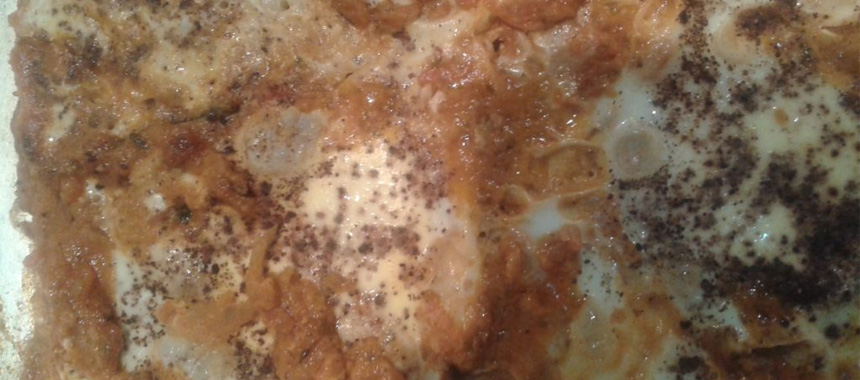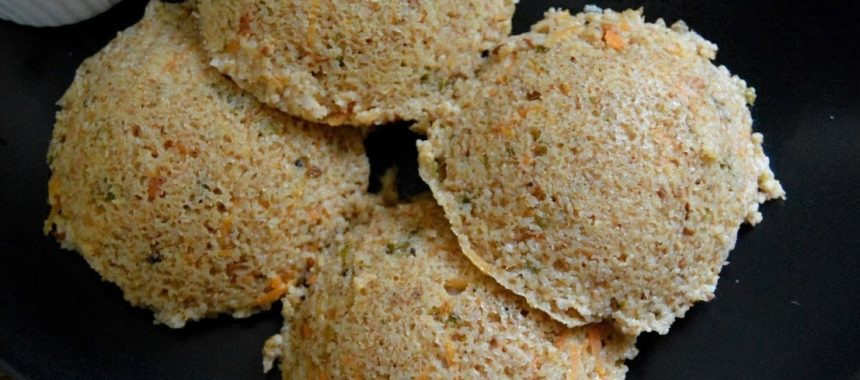Fat-free foods
If it is fat-free, it doesn’t mean it is calorie-free. Fat is generally replaced by sugar and sodium. Sugar is then converted into fat and is stored in your body like the other fats until it is burned off as energy.
Salads
Many salads are packed with high-calorie ingredients, such as cheese, bacon bits, nuts, avocado and creamy dressings. They also consist of oil, butter, mayonnaise and other fat-laden sauces. Try these low-fat salad dressings.
Energy bars
Just because they come in fancy packaging with health claims doesn’t mean they are healthy. Many are full of white flour, sugar and some can be high in saturated fat and contain little to no fibre.
Smoothies
The main ingredient is fruit juice, which lacks fibre found in the fruit itself. Most smoothie places use frozen yoghurt as a base and then add additional sugar. Grab an apple, a pear, a handful of grapes or a banana instead.
Breakfast cereals
Some cereals are healthier than others. Choosing the wrong box might be equivalent to eating dessert as some cereals are high in sugar and fat. The main ones to watch out for are your sugar-coated or ‘frosted’ kids’ ones, along with some of the nutty ones.
Artificial sweeteners
Artificial sweeteners such as aspartame should be strictly avoided. Not only are they nasty chemical substances, but they have also been connected to obesity and diabetes.
Energy drinks
You can’t miss the big buzz of energy drinks flooding our grocery store shelves, shining aloud with their lurid logos and ever-so-fancy names. But just one can has nearly 10 teaspoons of sugar. The recommended sugar intake per day for women and men are 5 and 9 teaspoons respectively.
Frozen foods
The health properties of frozen foods like parathas, fries, meats, and desserts are questionable. This is because their ingredients will not be the same as freshly-made meals. A major concern is the use of partially hydrogenated palm oil which might have hidden, dangerous trans fats. Secondly, the sodium content is also an issue. Many frozen meals contain between 700 to 1800 mg of sodium. With the daily recommended maximum dosage of 2300 mg of sodium, it is hard to stay in this limit! This puts people with high blood pressure at further risk.
Flavoured yoghurt
It comes in a variety of mouth-watering flavours, often contains no fruit in it but sugar with artificial fruit flavours. A lot of these contain the pureed fruit with lots of sugar in it which gets stored as fat. These are marketed as healthy/fat-free products, but they still are a hidden source of high-calorie food. Flavoured foods also have high sodium content. Choose plain yoghurt and add fresh fruit as a topping instead.
Ketchup
The process of making tomato ketchup is taking tomatoes and cooking them down, straining the seeds and skin and then cooking again for several hours on high heat which eliminates all the good vitamins and minerals that tomatoes actually contain. The sugar and sodium content in them is extremely high. It also has corn syrup which is linked with increasing dates of obesity and type 2 diabetes.





